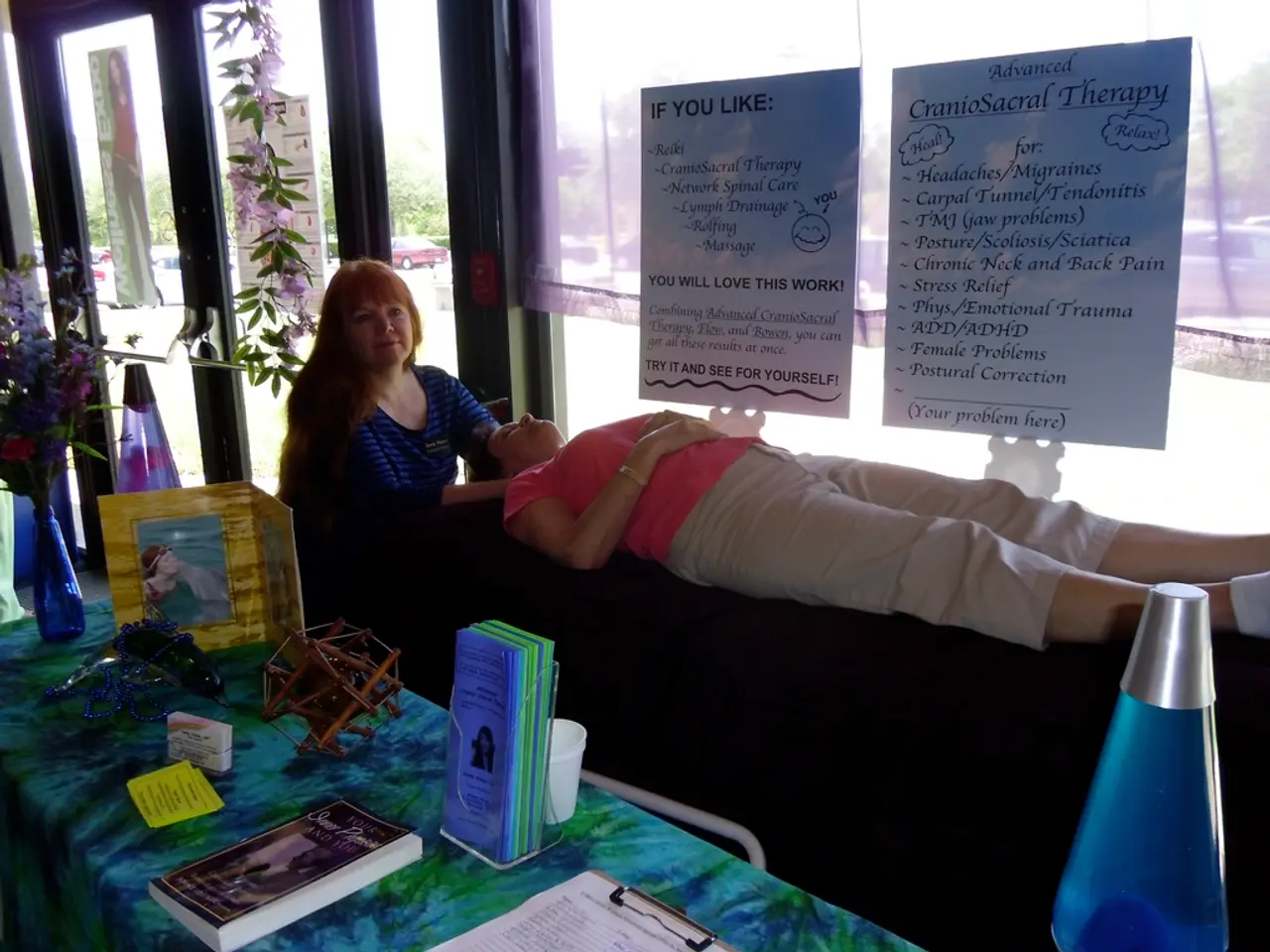Resistance as a Coping Strategy
Denial, a psychological defense mechanism, is a common response to avoiding painful realities, thoughts, or feelings. It involves refusing to acknowledge or accept threatening aspects of reality, often leading to distortions in perception, memory, or thought. While denial can offer temporary relief, relying heavily on it in adulthood can have significant, long-term negative effects.
Emotionally, denial can result in unresolved issues such as chronic anxiety, mood swings, intense anger, or emotional numbness. These unresolved feelings may surface during stressful life transitions, leaving adults vulnerable to emotional distress without clear understanding or resolution.
Physically, the body can express what the mind denies. Adults who rely on denial may experience somatization, where emotional pain manifests as physical symptoms like tension headaches, back pain, stomach issues, fatigue, trouble sleeping, or frequent nightmares. There is a dose-response relationship indicating that the extent of unresolved trauma or denial correlates with increased risk of chronic physical health problems later in life.
Denial can also impact relationships. By hiding problems or emotions to avoid vulnerability, adults may experience feelings of abandonment, worthlessness, or confusion in relational contexts. Over time, this can deepen isolation and emotional disconnection.
Persisting in denial may also foster shame, embarrassment, or stigma, especially related to mental or cognitive health conditions. People may conceal their struggles to avoid judgment or discrimination, exacerbating emotional isolation and difficulty seeking help.
When denial is overused, it can hinder the development of healthier coping skills, potentially worsening emotional and physical consequences over time. Denial prevents seeking help for mental health, addiction, or other issues.
It is important to note that the extent to which denial distorts reality is a crucial factor in determining its adaptiveness. Denial may be more adaptive in situations that are uncontrollable or where taking action is not immediately possible.
Treating denial is a complex and individualized process that requires a flexible and sensitive approach. Sigmund Freud described denial as an "ostrich policy" for avoiding distressing aspects of reality. Recognizing denial can be challenging because it often operates outside of conscious awareness.
In summary, heavy reliance on denial as a coping mechanism in adulthood typically leads to a cycle of suppressed emotions, physical health decline, relational difficulties, and social isolation. These outcomes underscore the importance of therapeutic interventions that encourage acknowledgment and processing of difficult feelings to promote healthier long-term adjustment.
[1] American Psychological Association. (2021). Denial. Retrieved from https://www.apa.org/topics/denial [2] Mayo Clinic. (2021). Denial. Retrieved from https://www.mayoclinic.org/diseases-conditions/denial/symptoms-causes/syc-20356491 [3] National Institute of Mental Health. (2021). Denial. Retrieved from https://www.nimh.nih.gov/health/topics/denial/index.shtml [4] National Institute on Drug Abuse. (2021). Denial. Retrieved from https://www.drugabuse.gov/publications/drugfacts/denial [5] Substance Abuse and Mental Health Services Administration. (2021). Denial. Retrieved from https://www.samhsa.gov/crisis-services/denial-refusal-help
- Research on psychological defense mechanisms has highlighted denial as a common response to avoid painful realities, emotions, or feelings.
- Denial can result in distortions in perception, memory, or thought, leading to unresolved issues such as chronic anxiety, mood swings, intense anger, or emotional numbness during adulthood.
- These unresolved feelings can surface during stressful life transitions, potentially contributing to emotional distress without clear understanding or resolution.
- Denial can also manifest physically, with symptoms like tension headaches, back pain, stomach issues, fatigue, trouble sleeping, or frequent nightmares, leading to increased risk of chronic physical health problems.
- In relational contexts, denial can lead to feelings of abandonment, worthlessness, or confusion, deepening isolation and emotional disconnection.
- Persisting in denial can foster shame, embarrassment, or stigma, particularly related to mental or cognitive health conditions, exacerbating emotional isolation and difficulty seeking help.
- By hindering the development of healthier coping skills, overreliance on denial can worsen emotional and physical consequences over time.
- Although denial may be more adaptive in uncontrollable or unactionable situations, treating denial requires a flexible and sensitive approach, recognizing that it often operates outside of conscious awareness.
- Therapeutic interventions that encourage acknowledgment and processing of difficult feelings can promote healthier long-term adjustment in adulthood.
- Denial is a complex phenomenon that has been studied extensively by psychologists, mental health professionals, and health-and-wellness experts in the context of mental health, therapy, and science.
- Furthermore, research shows that addressing denial early on can prevent the development of more serious mental health issues, such as personality disorders or low self-esteem, particularly during adolescence and adulthood.
- Encouraging open communication about mental health and promoting resources like therapy and mental health resources can contribute to better mental health outcomes for individuals struggling with denial and other psychological challenges.




